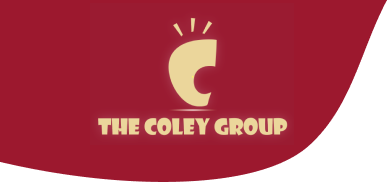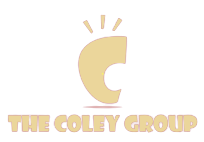Who Can Get an SBA Loan?
The Small Business Administration (SBA) has a number of different loan programs available for small businesses and entrepreneurs. No two businesses are identical and in most cases; neither are their funding needs. The size and scale of operations are normally what dictates the type of loan the business owner decides to choose. For businesses just starting out, a microloan might be the best option. Under this program, the SBA makes funds available to community-based lenders and they, in turn, make loans to eligible borrowers.
Founded in 1992, the SBA Microloan Program was designed for entrepreneurs who have a history of finding challenges when it comes to securing funds for their businesses from private-sector lenders. These include:
- Women
- Low-income
- Veterans
- Minority entrepreneurs
What is the Maximum SBA Loan Amount?
Many potential borrowers ask about the maximum amount they can borrow under the SBA Microloan Program. The maximum amount that a small business can apply for under this arm of the program is $50,000 and history shows that the average amount secured is $13,500. The maximum term of repayment for a microloan is six years with interest rates varying depending on the intermediary lender. Approval for this type of loan can take up to 90 days, but things are moving far more swiftly due to COVID and the need for small businesses to continue to fuel economic expansion.
How do you Qualify for Small Business Loans from the SBA?
While these types of loans are considered part of the SBA family of loans, in many cases the approval decision rests in the hands of the local lender. In fact, in most cases, the SBA does not even review the loan applicants’ credit history to determine whether or not they’re a worthy risk. SBA microloan qualifications are simple and straightforward and include the following:
- The applicant must be a for-profit business: In order to qualify for a microloan, your business must be a for-profit operation. The lone exception to this requirement is non-profit childcare centers. These types of businesses are eligible to apply for funds under the microloan program.
- Average credit: While there are some cases where credit is not checked, that is not always the case. While excellent credit is not required, not all credit is accepted. History shows that the minimum credit score a lender is willing to work with is 575. Lenders understand they usually deal with applicants who are credit-challenged, have a limited credit history, or are in the process of rebuilding damaged credit history. Just about any situation can be dealt with or explained away but foreclosures and bankruptcies can be challenging to overcome. If credit is a problem, be sure to highlight your strengths in other areas of the application. Is your business generating revenues and realizing a profit? Do you have any assets that might be used as collateral? These are the types of things to consider when trying to offset a poor credit rating. Lastly, a co-signer might be brought into the mix provided they have a strong enough credit history to push your application to an approved status.
- Ability to pay: Lenders will want to see proof that you can service the debt, regardless of how large or small. Microlenders and non-profit lenders are just like your typical lenders, and they want to make sure you can pay their money back. Having a cash flow statement that shows your business is generating profits or sound financial projections should be enough to put the lender at ease.
What is Needed for an SBA Loan?
Microloan applicants are required to submit a business plan in order to be considered under this program. A business plan is an extremely important piece of your application – especially if your business has yet to begin producing revenues. The business plan should contain the following:
- Personal background and backgrounds of key management personnel
- The value proposition of your business and how you’ll fit into the market
- Up to date market research from a reputable source
- Competitive analysis of your direct competitors and an analysis of your target audience
- Description of all planned marketing and growth strategies
- Five years of financial projections
Hire Our Professional Business Plan Writers at The Coley Group
When the time comes to write your business plan, you’ll want to hire professionals – the kind you’ll find at The Coley Group. This is your chance to showcase your business to the lender and you can’t afford to miss it. Our team of business plan writing professionals can develop your business plan and convey a clear understanding of your concepts with strong financials that show the true potential of your business model. Please contact us for more details on how our team can help.


